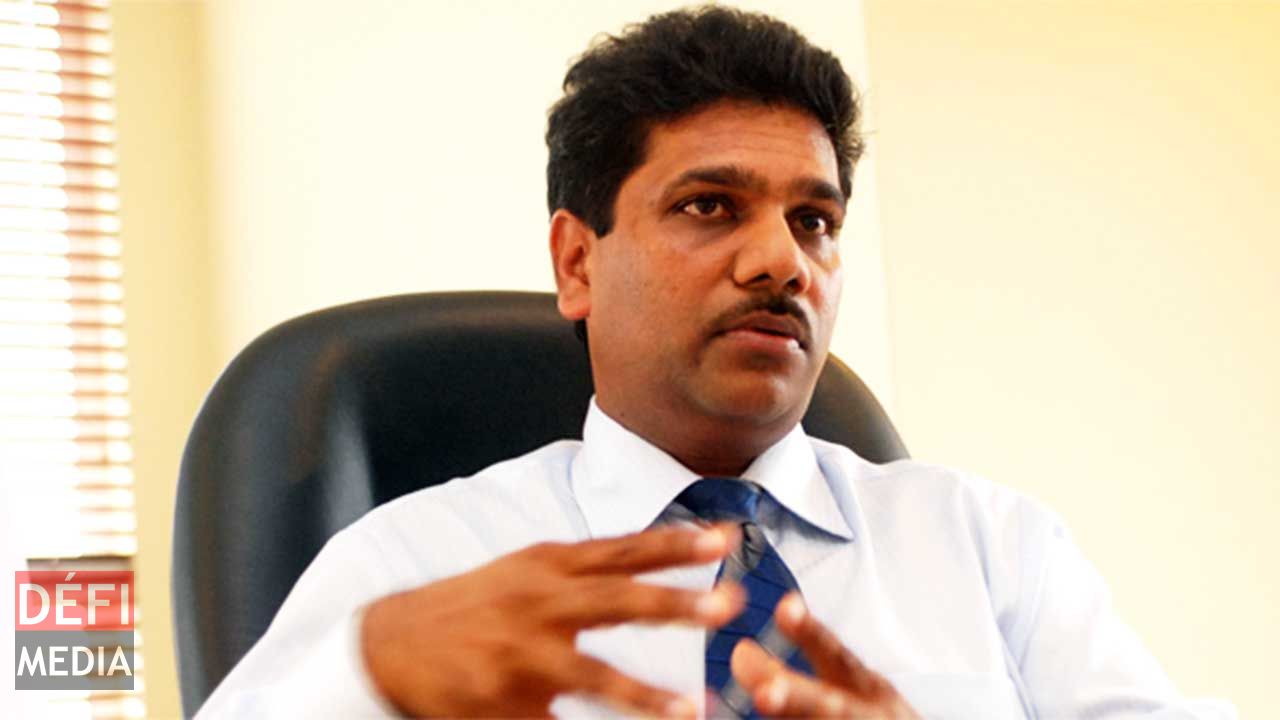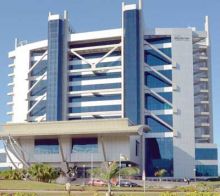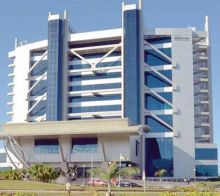
In 1971, the Central Information Systems Division (CISD) was created. The National Computer Board (NCB) was set up in 1988 to advise the government on the formulation of national policies. FDI has played a key role in this context, with a mix of large multinationals and local players, providing employment to over 19,000 persons.
Roshan Seetohul: “Enhance the level of training locally”
The First Vice President of OTAM (Outsourcing and Telecommunications Association of Mauritius) avers that we have a reasonable and satisfactory evolution of the ICT sector in Mauritius over the years and the success can be attributed to the right ecosystem that has been put in place in terms of political, social and economic stability. “Other positive factors are convenient time zone, appropriate legislative frame work and above the quality of our man power. Starting with the CyberCity and some other strategic locations around the islands has given a boost to this sector, now employing nearly 20,000 thousand people. We have witnessed a two-digits growth for some years and this has been critical in making Mauritius more visible. We also witnessed a shift from basic operations to high end services,” he says. Mauritius, as an ICT/BPO destination, has the following strength: bilingual workforce, cost competitiveness, reliable Infrastructure, political, social and economic stability, attractive fiscal regime and the quality of life. “We have a good broadband connectivity and the availability of infrastructure parks such as the Ebene Cyber Village and other intelligent buildings are available to start operations. We do also have some concerted efforts from both the private and public sector. This partnership has been a focal point for the growth of the ICT/ BPO sector,” he states. Roshan Seetohul believes that the ICT and software industry is a high value added based on the availability of high skilled human capital and experience. “It is a known fact that there is a lack of local skilled human capital for these verticals. As explained above to kick-start the boost of the industry, there is a need to bring in expatriates with relevant experience. However, we also know that a large proportion of our talented youngsters who have the potential to excel in those professions are leaving the country. The sector is heavily impacted by brain drain that happens right after the end of secondary school. The subject of brain drain has to become a national priority as the unavailability of talents is impacting investment. All incentives given for students to study abroad have to be re-evaluated as they are contributing to this brain drain. The national priority should be to enhance the level of training locally in partnership with the private sector.” Roshan Seetohul affirms that there are there are huge potentials for Mauritius in some African countries. “The technical expertise, experience and know how of Mauritian businessman in the ICT sector can easily contribute to relocate and invest in some basic BPO operations to some African countries, which propose and provide various incentives. This will definitely be a win-win situation since employment will be created in those markets while Mauritius will benefit hugely in financial and non-financial terms. IT entrepreneurship should be further encouraged among the young graduates and entrepreneurs in the technology sector to develop technology products for the global market. It is important for our younger generation to adopt a global outlook so that they will be able to tap the many new opportunities emerging in the world. It is therefore proposed to provide incubators across the islands. This will also contribute to an R&D culture.”
Notre service WhatsApp. Vous êtes témoins d`un événement d`actualité ou d`une scène insolite? Envoyez-nous vos photos ou vidéos sur le 5 259 82 00 !
















![[Blog] Lettre ouverte au Premier ministre](https://defimedia.info/sites/default/files/styles/medium/public/pkj_ok_0.jpg?itok=UCf2wTDT)



![[Info Soirée] :- GCSK à Modi : « Une distinction en hommage à vos ancêtres »](https://defimedia.info/sites/default/files/styles/square_thumbnail/public/thumbnail_120325.jpg?itok=hCkIOkB2)


